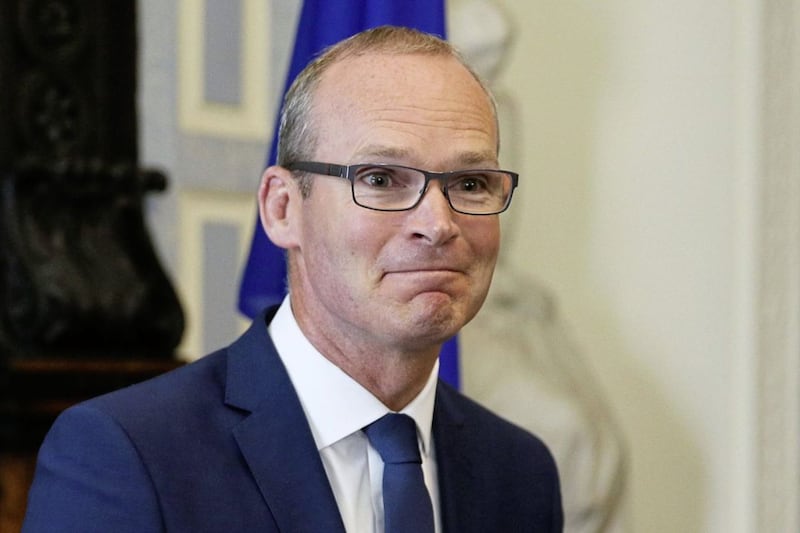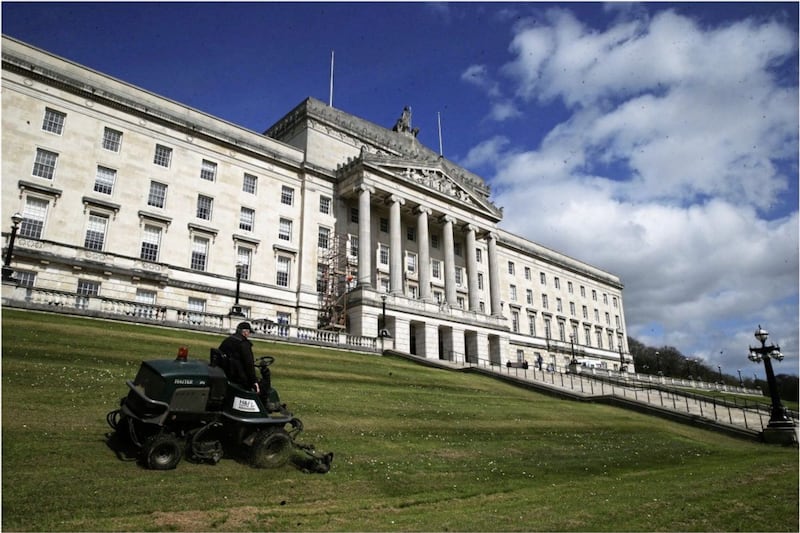THERE is growing unease among businesses, civic society and local government authorities over the UK Government’s plans for the new Electronic Travel Authorisation (ETA) system, the Centre for Cross Border Studies (CCBS) has said.
As it stands, the scheme will require third country nationals, such as EU citizens, who are legally resident in the Republic, to seek pre-entry clearance for cross-border journeys into Northern Ireland.
It will also affect overseas tourists arriving on the island via the Republic.
The CCBS has been surveying civic society organisations and local authorities every quarter for the past two years.
The director of the Armagh-based research body, Dr Anthony Soares, said while previous surveys have reflected a broad anxiety over Brexit, the latest findings show increasing concern over the specific legal changes ahead.
“After the initial generalised disruptions arising from Brexit, it is becoming much clearer how intertwined the UK and Irish regulatory landscape was while both were in the EU,” he said.
Some 41 civic society organisations and local authorities fed into the latest study.
As well as concern over plans by the UK to scrap a considerable volume of EU laws at the end of this year, there is unease at the impact of new ETA controls, particularly for the large number of EU citizens living on both sides of the border.
UK and Irish officials met this week to discuss possible exemptions for non-Irish and non-British citizens crossing the border for routine reasons such as shopping.
UK Immigration Minister Robert Jenrick said a “data-sharing solution” was being explored.
But there appears little prospect of a solution for the tourist industry.
Recently published government data in the Republic show border crossings hit record levels in 2022.
READ MORE: Tourism NI: Visitors from Republic coming north in record breaking numbers
READ MORE: Tourism chief: UK Government's biometric border plans 'could undo a decade of progress'
Niall Gibbons, the outgoing chief executive of Tourism Ireland, last month described the potential introduction of new biometric border controls as one of the biggest risks facing the north.
In an interview with The Irish News, he said the ETA “has the capacity to undo a decade of work” within the tourism industry.
The latest CCBS survey also reflected a general support for the protocol.
Of the 41 organisations who took part, 68 per cent said the arrangement is, on balance, a good thing for north-south co-operation. A smaller majority (56 per cent), said it was a good thing for east-west co-operation.
However Dr Soares said the regulatory changes ahead, as the UK abandons EU derived laws, may cause potential divergence on such a scale as to negatively impact on cross-border projects.
“It is crucial that cross-border co-operation taking place at informal, local and community levels – which have for decades been the life-blood of cooperation and reconciliation – is made visible and taken into account when considering whether or not conditions for North-South co-operation are indeed being maintained,” he said.







